In Cambodia, CARE works with socially marginalised women in urban areas, women and girls from Indigenous communities and ethnic minorities who are denied multiple rights.
CARE has been working in Cambodia since 1973 on humanitarian relief along the border. Since the Phnom Penh office’s establishment in 1991, CARE Cambodia programs expanded from humanitarian to development. Today, CARE Cambodia’s primary geographical focus is in the northeast of the country, Phnom Penh, and the surrounding areas, with a field office in Ratanakiri.
Enhancing climate change resilience
To address the impact climate change is having on existing social, economic, and environmental inequalities, CARE takes a comprehensive and rights-based approach to climate justice, integrating environmental sustainability, gender equality, and social inclusion to address the ways in which climate change exacerbates existing social and economic inequalities.
In 2025, CARE’s PlasticSmart launched its implementation with local partners and the Ministry of Environment. Aiming at adapting the circular economy in order to address the overconsumption of plastic packaging in the garment industry, PlasticSmart works with factories, waste management stakeholders, experts and the government to introduce sustainable packaging for food vendors and develop business models that are sustainable and profitable. Learn more about PlasticSmart here.
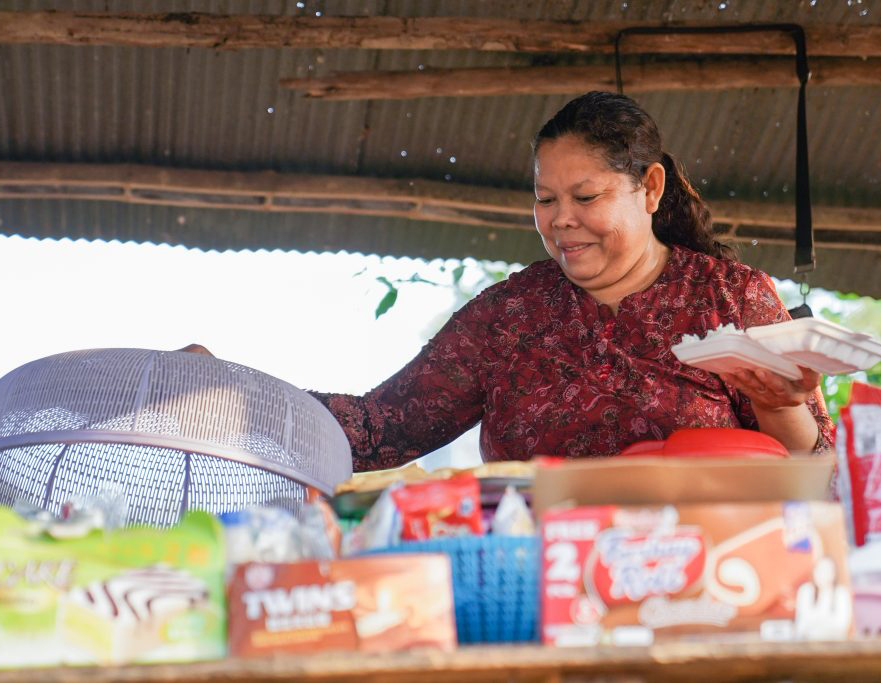
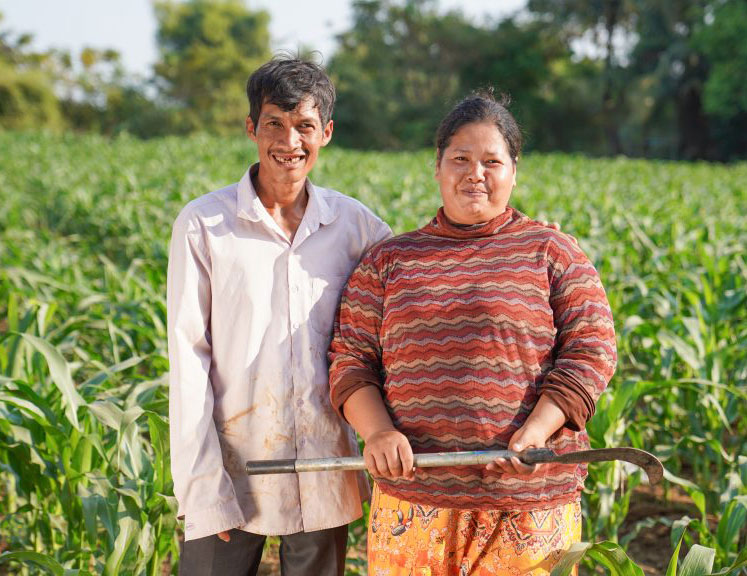
The MekongElevate: Ethnic Communities Leading Inclusive Climate Action program
The MekongElevate: Ethnic Communities Leading Inclusive Climate Action (MKE) program, funded through DFAT’s Mekong Australia Partnership, has recently commenced. MekongElevate is a four-year program being delivered in Cambodia, Laos, and Vietnam. MKE targets ethnic minority and hill tribe communities in remote areas of the three countries, working with communities to increase resilience to social shocks and climate change. The program will support increased climate-smart agriculture approaches to mitigate the impacts of climate change; support livelihoods and economic safety nets for ethnic minority communities, and elevate the voices of women, youth, and people with a disability in decision making processes in the region.
Inclusive education for all
For more than two decades, from direct implementor to technical advisor, CARE Cambodia has been working with the Ministry of Education, Youth and Sport and UNICEF in advancing for Multilingual Education (MLE).
An MLE curriculum from early childhood to primary education were developed and implemented to support children of Indigenous communities to master educational materials using their mother tongue. The model focuses on helping students start their initial learning in their mother tongues, before progressing to the Khmer language at a later stage. Learn more about CARE’s decades of work in advancing education for the Indigenous communities here.
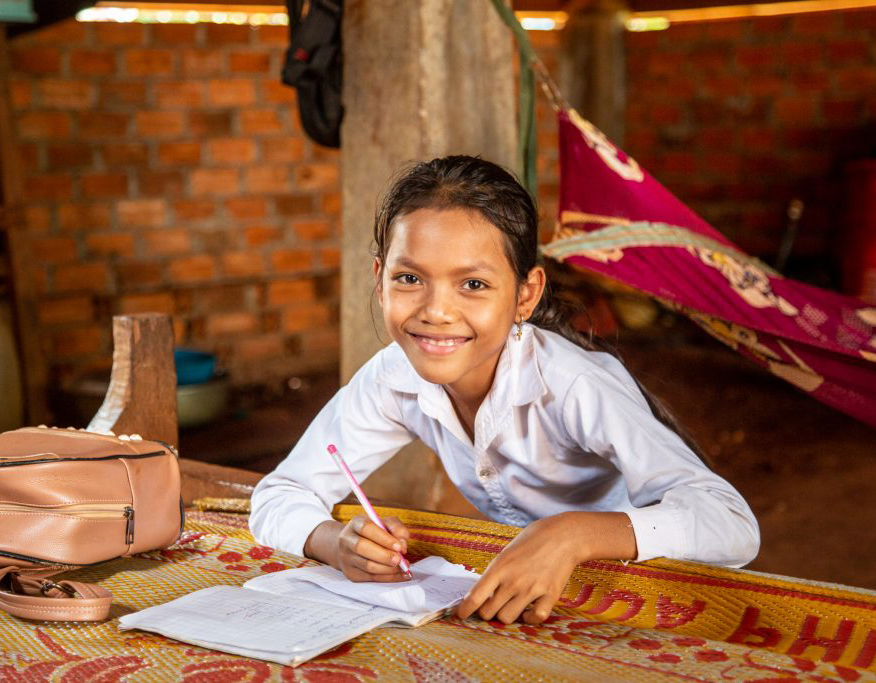
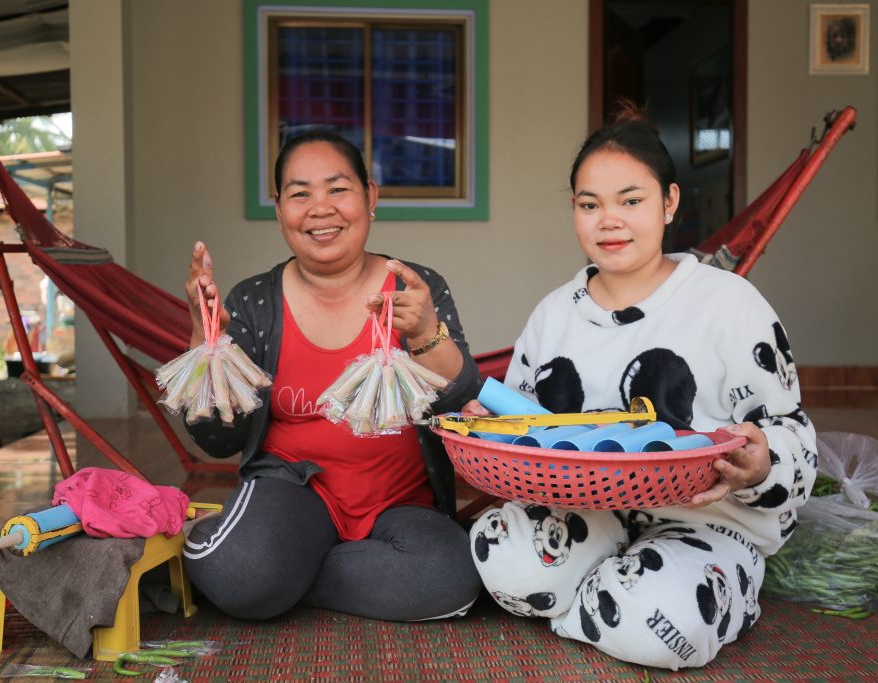
Empowering women through economic growth
Since 1998, CARE Cambodia have worked with private sector, unions, donors and the government to address Gender-Based Violence (GBV), sexual harassment, women’s leadership, worker wellbeing, labour rights, and ethical supply chains in the Garment, Footwear and Travel goods (GFT) sector. This thematic focus covered several on-going projects working on addressing worker well-being, Human and Environmental Due Diligence (HREDD), advocating for ethical supply chains.
Combating gender-based violence in Cambodia
In the northeast part of Cambodia, Ratanakiri Province is a home to around 90% of the country’s Indigenous communities, who face unique cultural and social challenges. Traditional gender norms and patriarchal attitudes contribute to high rates of gender-based violence (GBV). Low literacy rates are barriers for community members to access information about services, including GBV support.
People living with disability from Indigenous communities are further marginalised, experience higher rates of GBV and face multiple barriers in accessing GBV services. To address these challenges, CARE has been working in Ratanakiri Province through the Australia – Cambodia Cooperation for Equitable Sustainable Services (ACCESS) Program since 2021.
Since March 2024, CARE is implementing the Strengthening Inclusive Services for Indigenous Peoples (SISIP) project under the second phase of the program – ACCESS 2. The SISIP project aims to increase the voice and participation of GBV survivors and people with disabilities, strengthening subnational GBV and disability service provision, and ensuring policies respond to their needs. CARE’s approaches aim at improving the quality, inclusiveness, coordination, and awareness of GBV and disability services for local authorities and the GBV Working Groups.
Prevention of gender-based violence & harassment in the workplace
Government agencies, suppliers, buyers, and civil society organisations must work together to ensure a GBVH-free workplace environment. In this sustainable recommendation paper, CARE and collaborated partners emphasise on recommendations to ensure the path toward building a work environment free from gender-based violence and harassment.
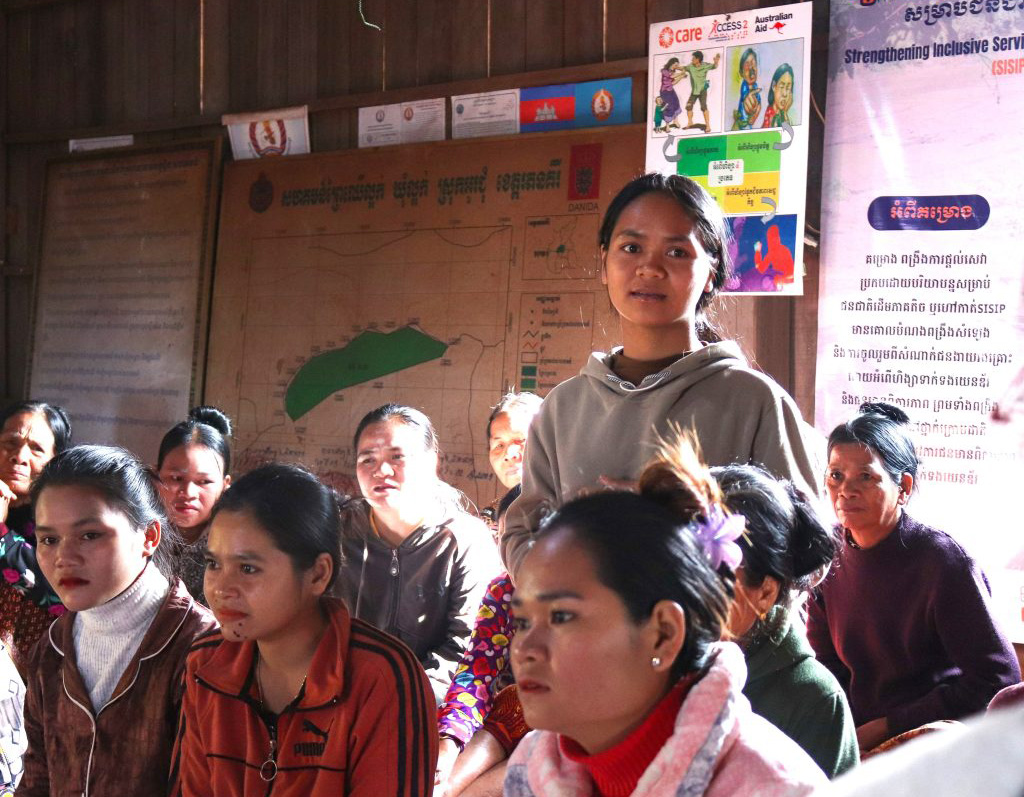
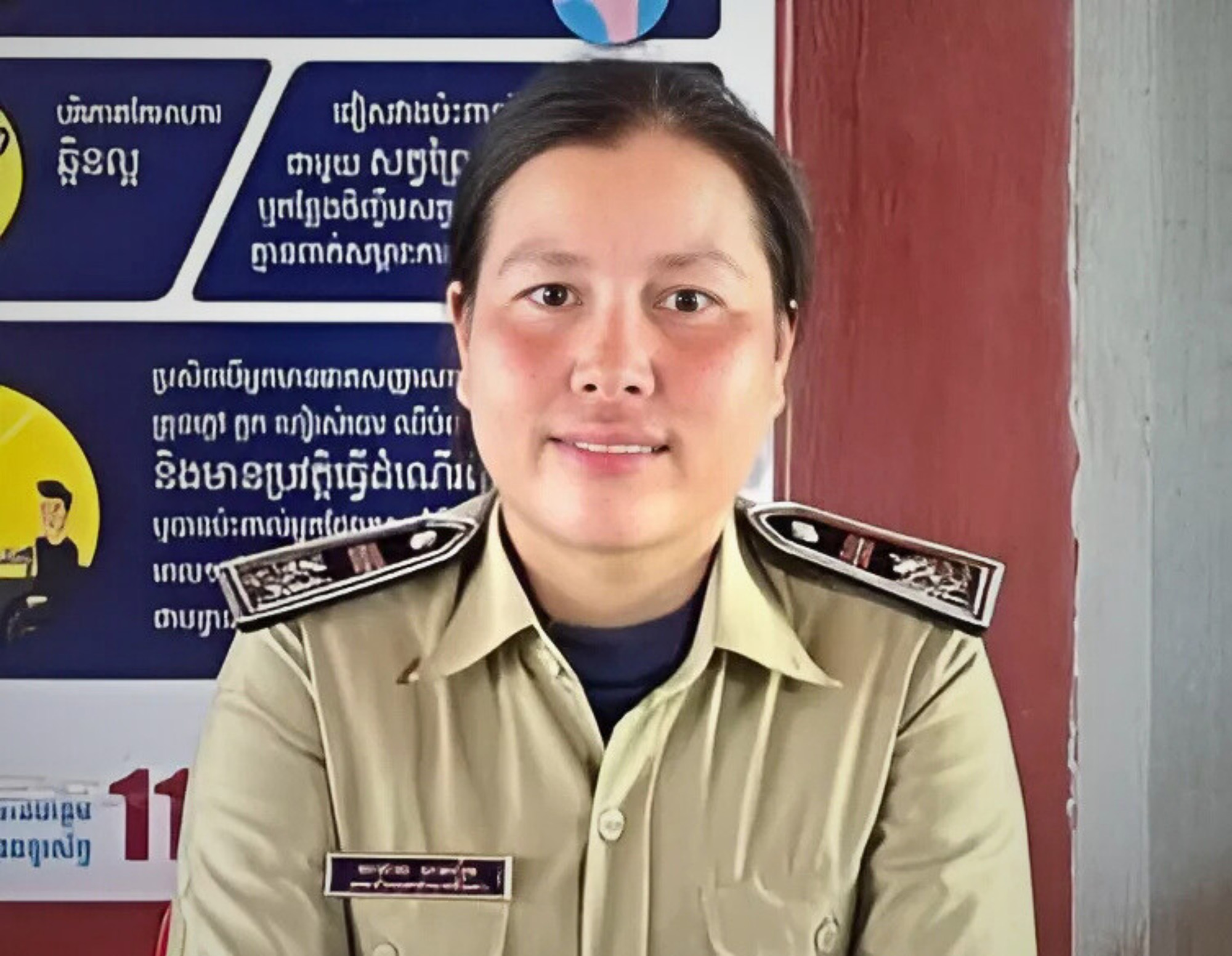
Meet Savath in Cambodia
At Seda commune in Ratanakiri in Cambodia’s Lumphat district, a Tampoun leader is delivering unwavering commitment to support women and girls in her community against gender-based violence (GBV).
Working as a council member, Savath Savoeun plays a key role in the district’s Gender Based Violence Response Working Group. She provides essential counselling and assistance to GBV survivors, monitors cases, and supports those needing legal assistance. Through training sessions and awareness campaigns delivered in local communes and villages, she also helps ensure women are educated about their rights and are encouraged to report cases.
“My proudest moments are when I witness positive transformation in the lives of GBV survivors as they gain the courage to break free from the cycle of violence. I am also content with the fact that GBV survivors trust in my abilities,” says Savath.
Savath faces challenges in her work, including receiving limited support from stakeholders and the urgent need for immediate solutions. For instance, when she needs to provide legal guidance to survivors and go through the complex procedures.
“To protect myself in this line of work, I collaborate with local authorities like commune and GBV groups at district and provincial levels and seek their advice and cooperation. I keep information about GBV survivors in the highest confidence, and while I do often visit their home, I work with commune police during the visit,” explains Savath.
Savoeun’s dedication embodies resilience and empowerment, while inspiring women of the Tampoun community.
Donate now
Support our ongoing work to create a more equal world.
Your donation can help end extreme poverty and give people the means to build a better future for themselves in countries like Cambodia.
For those living in extreme poverty, your support brings education and training, healthcare and clean water, nutritious food, and new ways to earn an income. And in times of crisis, you help us deliver emergency relief. Please donate today.
Read more about our work in Cambodia here:
- Stitching Strength: The social fabric of well-being in Garment industry
- A beacon of strength: the community advocate for rights and resilience
- Referral Guidebook on social services to support persons with disabilities
- Behavior Change Communications
- Story from the field: Creation in the classroom: a beacon of innovation in Cambodia’s Northeast
The ongoing work we do in Cambodia is in partnership with these local organisations: Cambodia Women for Peace and Development (CWPD), Conserve Indigenous People Language organization (CIPL), Collective Union of Movement of Workers (CUMW), Highlander Association (HA), Independent Democracy of Informal Economy Association (IDEA), Legal Support for Children and Women (LSCW), My Villages, People Action for Inclusive Development (PAfID), Save Vulnerable Cambodians, The Alliance for Conflict Transformation (ACT), Women Media Center (WMC), Youth Council of Cambodia (YCC)

